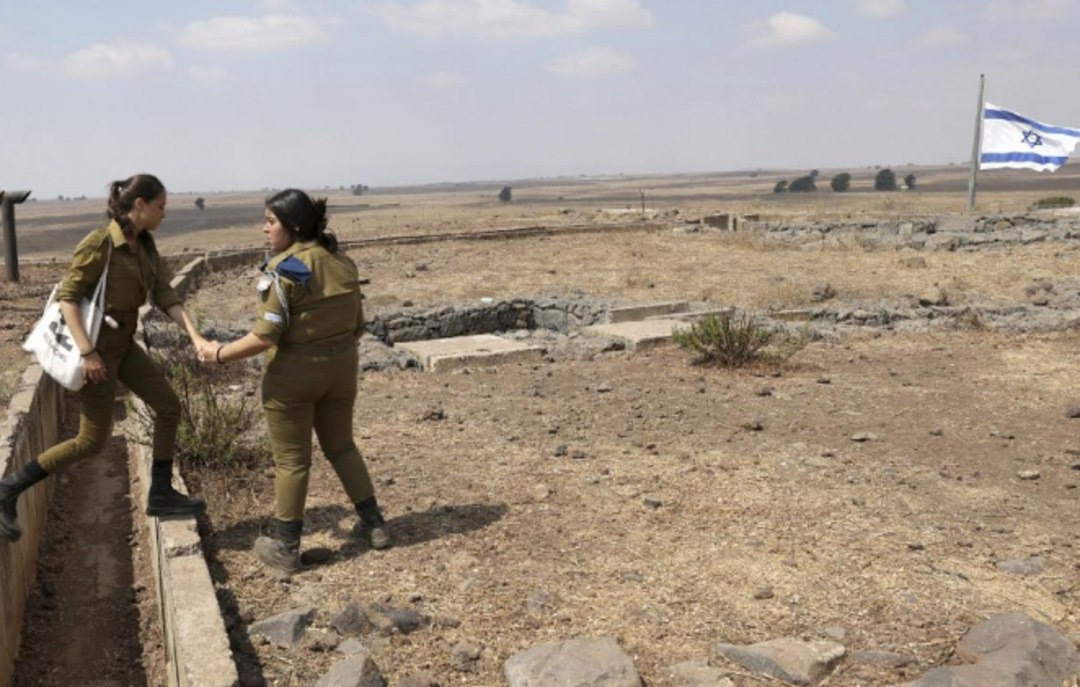-
Israel Presents a New Security Proposal for Syria

The American news website Axios quoted two sources as saying that Israel had submitted a detailed proposal for a new security agreement with Syria a few weeks ago. The proposal includes a “map of demilitarized zones” extending from Damascus to the border with Israel. Damascus has not yet received an official response but is working on preparing a counterproposal. It is scheduled that Syrian Foreign Minister Assaad Shibani and Israeli Strategic Affairs Minister Ron Dermer will discuss the details of the agreement during a trilateral meeting in London, attended by U.S. envoy Tom Barrack. The sources indicated that the talks are “making progress,” but there is no imminent agreement.
According to AFP, the Syrian army began around two months ago withdrawing its heavy weapons from the southern regions of the country, as part of efforts to reach security understandings, including areas extending up to 10 kilometers from Damascus.
Based on Axios, the Israeli proposal relies on the model of the 1979 Camp David Accords with Egypt, which divided Sinai into three zones with different security arrangements. The proposal suggests dividing southwestern Damascus into three areas, specifying the levels of Syrian troop presence and the types of weapons permitted. The terms include expanding the buffer zone by two kilometers, prohibiting the presence of military forces and heavy weapons along the border strip, allowing only police and internal security forces, and imposing a no-fly zone over the region extending from southwest Damascus to the border.
Axios noted that the Israeli demands are considered “extreme” and mainly aim to prevent any Iranian “air corridor” through Syria, making it easier for Israel to carry out future strikes against Iran. Al Jazeera quoted an official Syrian government source stating that any talk of a security agreement with Israel is “conditional on its withdrawal to pre-December 8, 2022, positions,” emphasizing that any understanding must be based on the 1974 disengagement agreement and must guarantee Syria’s sovereignty.
In a related context, Reuters reported that the United States is pressuring to accelerate negotiations to achieve a “breakthrough,” which could be announced during the United Nations General Assembly meetings at the end of September. This presents an opportunity for U.S. President Donald Trump to deliver a diplomatic achievement. The agency pointed out that any limited agreement would be considered a “success” given Israel’s “hardline” stance and Syria’s weakened position after the events in Suwayda in July.
The talks did not address the status of the occupied Syrian Golan Heights, but Syrian sources indicated that the issue would be left “for the future.” There is an unofficial Israeli offer to relinquish the Golan in exchange for withdrawing from southern Syria, but the Syrian side rejected this as unfeasible. Syrian President Bashar al-Assad is seeking to avoid a direct confrontation with Israel, believing that de-escalation is essential to restore stability, amid ongoing Israeli raids in southern villages and census data collection efforts, according to field sources.
In a previous interview, Syrian President Bashar al-Assad confirmed that the issue of resuming negotiations with Israel “is on the table but not yet settled,” with the possibility of holding a meeting on the sidelines of the UN General Assembly in New York—a first for a Syrian president since 1967 to participate in such a meeting.
You May Also Like
Popular Posts
Caricature
opinion
Report
ads
Newsletter
Subscribe to our mailing list to get the new updates!






















